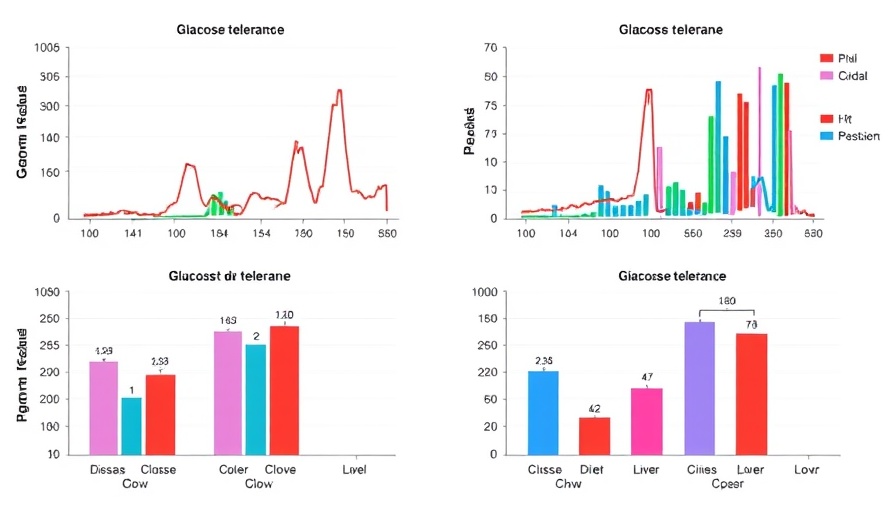
Unpacking Telomerase: Beyond Its Traditional Role
When we think of telomerase, our minds typically jump to its role in telomere elongation and cellular aging. However, recent discoveries are shaking this foundation. A new study highlights the non-catalytic functions of telomerase, specifically the telomerase reverse transcriptase (TERT), showing it can modulate inflammation independently of its telomere-related actions. What does this mean for those keen on optimizing health and longevity? Buckle up, because we’re diving into the intertwining of telomere science and disease prevention!
The Inflammation Connection: Why Should You Care?
Chronic inflammation is like that annoying relative who overstays their welcome—eventually, they start wreaking havoc on your health. It is linked to numerous ailments, including heart disease, diabetes, and cancer. Understanding how TERT manages inflammatory signals could present new therapeutic avenues for mitigating these diseases. The non-catalytic function of TERT might just be the connection we've been looking for in the realm of healthspan optimization.
Historical Context: How Did We Get Here?
Traditionally, telomerase has been famed for its role in extending telomeres, those protective caps at the ends of chromosomes that shorten each time a cell divides. Scientists have long pondered whether TERT had additional functions beyond this telomere-centric view. This recent study adds legitimacy to those musings, paving the way for further investigations into TERT's role in cellular health and longevity.
Future Predictions: What’s Next for Telomere Research?
Envision a world where we can tap into telomerase’s abilities as a health booster rather than just a cellular extender. As research continues, we're likely to see more innovative supplements formulated to support TERT’s non-catalytic roles. Could we be looking at a new frontier of biohacking through telomere science? The potential is vast, and the future is bright for those of us eager to extend our healthspan through cutting-edge health research.
Practical Insights: Biohacking Your Way to Better Health
So, how can we capitalize on these findings about TERT and inflammation? Here are some practical tips based on the latest insights:
- Adopt a Healthy Diet Protocol: Foods rich in antioxidants and anti-inflammatory compounds can potentially enhance TERT’s functions. Think berries, leafy greens, and omega-3 fatty acids.
- Consider Supplements for Longevity: Certain supplements may support TERT activity. Ingredients like astaxanthin and curcumin might play roles in inflammation reduction, which could indirectly influence TERT’s efficacy.
- Stay Active: Regular exercise not only improves physical health but also reduces inflammation. This, in turn, may help maintain TERT’s beneficial functions as you age.
Common Misconceptions: Debunking the Myths of Telomere Science
One of the greatest misconceptions about telomerase is that it's solely about extending lifespan. While telomere length is undoubtedly important, the recent research indicates the importance of its involvement in broader health mechanisms, such as inflammation. It’s not just about living longer; it’s about living healthier!
In conclusion, understanding the non-catalytic functions of TERT can open a treasure chest of new perspectives in health research. As we integrate these insights into our lives, we not only enrich our understanding of longevity but actively participate in enhancing our health. Let’s embrace these findings and unlock the potential for a longer, healthier life today!
 Add Row
Add Row  Add
Add 




Write A Comment